Companies with Racist Logos and Mascots Should be Boycotted
March 24, 2021
NFL’s Washington Redskins, Land O’ Lake butter and Aunt Jemima syrup are all brand names with problematic pasts. After years of social media outrage, they have changed their logos and mascots, but the issue of racially-charged marketing strategies does not end here. However, Multiple companies have yet to rebrand, and they must in order to force change.
Brands such as Miss Chiquita, Mrs. Butterworth’s and Uncle Ben all still tokenize people of color with stereotypical portrayal.
“[Tokenism] just pushes racial stereotypes that are already put onto those people. Making racist mascots matches [the stereotypes] which is really harmful,” Justice for Racial Inequality club president and sophomore Deema Abdelkarim said. “It’s really important to see diverse people that aren’t just white in a positive way. Getting positive representation empowers you.”
Minorities being used as caricatures in order to sell to impressionable audiences leads to a cycle of racism in consumerism. Certain people of color and stereotypes are now associated with a product or with merchandise. This is not good representation for POC, in fact it is harmful and paints a false, white-washed narrative that caters to outdated ideals and misinterpretations.
“This Aunt Jemima logo was an outgrowth of Old South plantation nostalgia and romance grounded in an idea about the ‘mammy,’ a devoted and submissive servant who eagerly nurtured the children of her white master and mistress while neglecting her own,” associate professor in the Africana Studies and Research Center at Cornell University Riché Richardson said in an interview with ABC News.
Richardson explains how the Aunt Jemima logo was racist and reflected outdated ideals and harmful representation, but the fight for accurate representation in the business world continues, and all can participate – even students.
“Students should care about this because they could really make a difference and actually act on it and try to help instead of not doing anything. Nothing can progress unless you do something about it,” Abdelkarim said.
Some may argue that logos and mascots of these companies are not important enough to address and should not go through a strenuous process to change. This is incorrect and insensitive because of how much marketing tools affect consumption. If a stereotypical Black domestic woman is successfully used to sell breakfast syrup, then what does this say about the audience and the companies that allow these correlations between race and product?
Mascots and logos that were previously socially acceptable might not always stay that way. A company that refuses to change with the times is essentially stating that they do not care about the marginalized groups that they are affecting unless it also affects their revenue. If racist companies rebrand and change it could be a step in the right direction for social rights and lead to positive change in marketing.



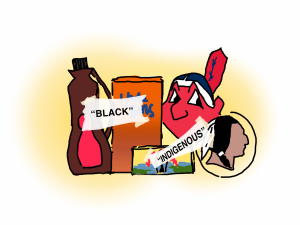


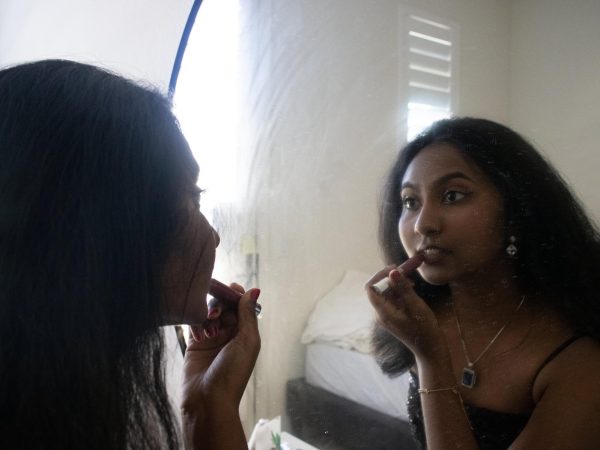

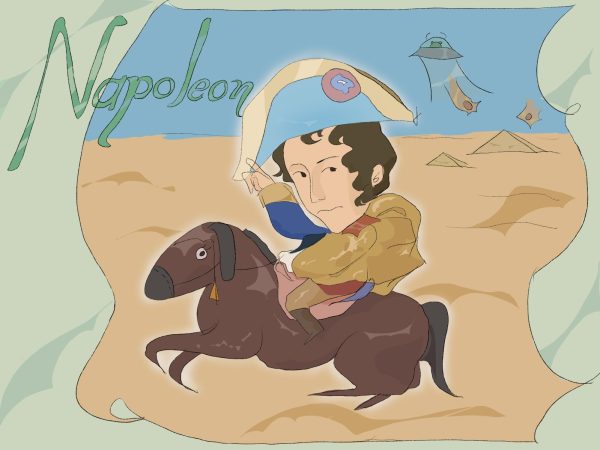
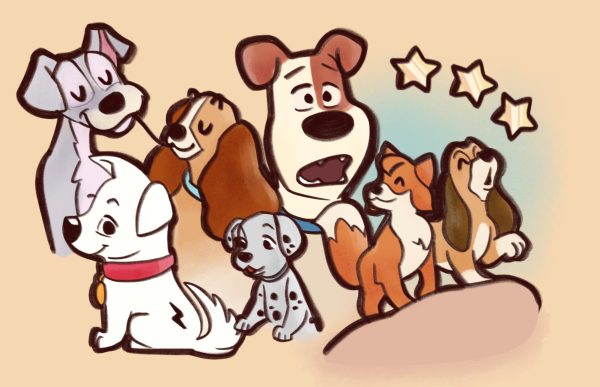

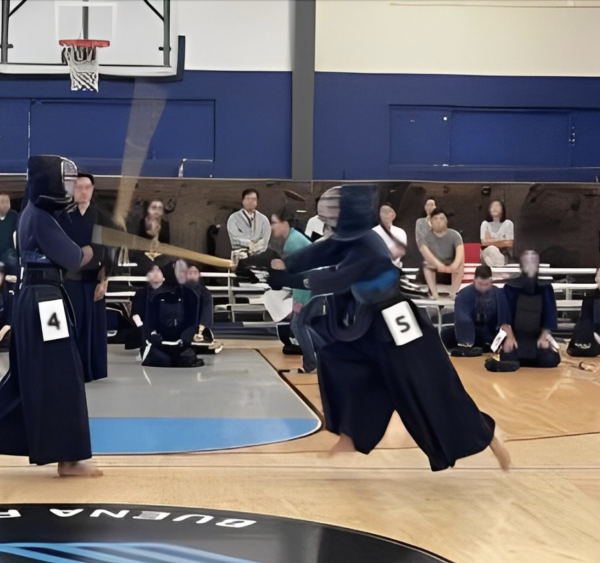
![Softball coach Lili Belton plays in a collegiate softball game on Westcliff University’s team. Belton completes a back door slide safe at home to avoid the tag and score the run.“ [She] takes it very seriously and what [she] brings to the program is skill and discipline, and kind of just this youthful experience,” head softball coach Alexandra Dobbs said. “I would say [she] is this perfect combination of sensitive and kind, but driven and serious.”](https://portolapilot.com/wp-content/uploads/2024/03/lili-belton-600x400.png)

